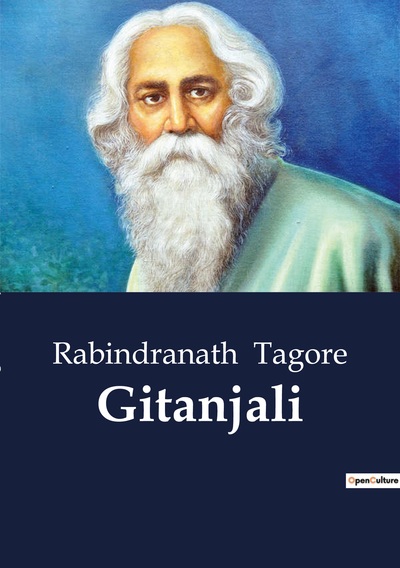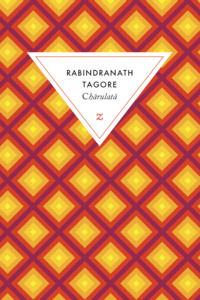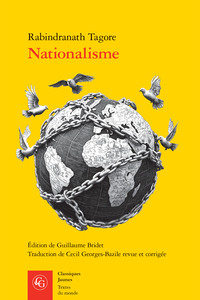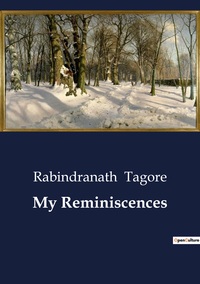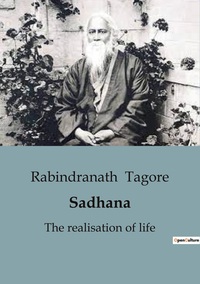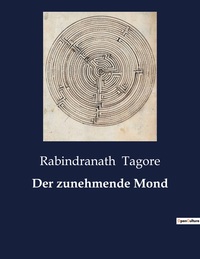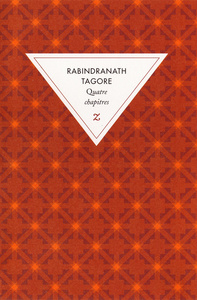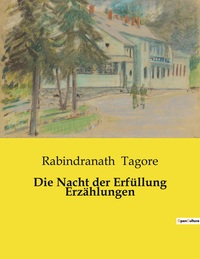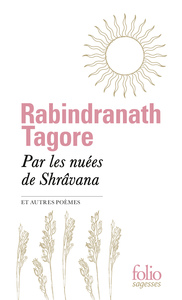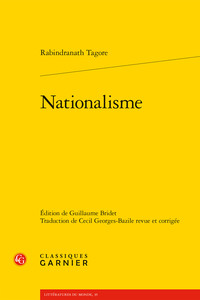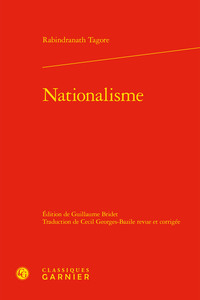Nous utilisons des cookies pour améliorer votre expérience. Pour nous conformer à la nouvelle directive sur la vie privée, nous devons demander votre consentement à l’utilisation de ces cookies. En savoir plus.
Gitanjali
EAN : 9791041801527
Édition papier
EAN : 9791041801527
Paru le : 8 juin 2023
12,95 €
12,27 €
Disponible
Pour connaître votre prix et commander, identifiez-vous
Notre engagement qualité
-
 Livraison gratuite
Livraison gratuite
en France sans minimum
de commande -
 Manquants maintenus
Manquants maintenus
en commande
automatiquement -
 Un interlocuteur
Un interlocuteur
unique pour toutes
vos commandes -
 Toutes les licences
Toutes les licences
numériques du marché
au tarif éditeur -
 Assistance téléphonique
Assistance téléphonique
personalisée sur le
numérique -
 Service client
Service client
Du Lundi au vendredi
de 9h à 18h
- EAN13 : 9791041801527
- Réf. éditeur : 293960
- Date Parution : 8 juin 2023
- Disponibilite : Disponible
- Barème de remise : NS
- Nombre de pages : 118
- Format : H:210 mm L:148 mm E:7 mm
- Poids : 164gr
- Résumé : Widely regarded as one of the most important figures in Indian (and more specifically Bengali) literary history, Rabindranath Tagore was the first Indian—indeed, the first person outside Europe—to win the Nobel Prize in Literature, largely in recognition of his "spiritual offering of songs," Gitanjali. Tagore himself translated the poems from the original Bengali, taking many liberties in the process. His English translation is rightly recognized as a work distinct from the Bengali original, consisting of major revisions, many elisions, and many poems originally published in other collections. Tagore's lyrical simplicity, vivid imagery, and themes of nature, spirituality, death, and transcendence combine to produce a truly unique, powerfully moving work of thoughtful beauty. For many who read it, Tagore's words in Song XCVI ring true: "What I have seen is unsurpassable. I have tasted of the hidden honey of this lotus that expands on the ocean of light, and thus I am blessed."
- Biographie : Rabindranath Tagore bzw. Rabindranath Thakur (bengalisch ¿¿¿¿¿¿¿¿¿¿¿ ¿¿¿¿¿ Rab¿ndran¿th ¿h¿kur, [¿obin¿d¿¿onat¿¿ ¿¿aku¿] anhören?/i; * 7. Mai 1861 in Kalkutta; ¿ 7. August 1941 ebenda) war ein bengalischer Philosoph, Dichter, Maler, Komponist, Musiker und Brahmo-Samaj-Anhänger in Indien. Tagore erhielt 1913 den Nobelpreis für Literatur und war damit der erste asiatische Nobelpreisträger. Tagore revolutionierte in einer als ¿Bengalische Renaissance" bekannten Zeit die bengalische Literatur mit Werken wie Ghare baire (deutsch Das Heim und die Welt) oder Gitanjali und erweiterte die bengalische Kunst mit einer Unzahl von Gedichten, Kurzgeschichten, Briefen, Essays und Bildern. Er war ein engagierter Kultur- und Sozialreformer sowie Universalgelehrter. Die Kunst seiner Heimat modernisierte er, indem er ihre strikte Struktur und klassische Formensprache gezielt angriff. Zwei seiner Lieder sind heute die Nationalhymnen von Bangladesch und Indien: Amar Shonar Bangla und Jana Gana Mana. Tagore wurde als Gurudeb bezeichnet, ein Ehrentitel, der sich auf Guru und Deva bezieht.

